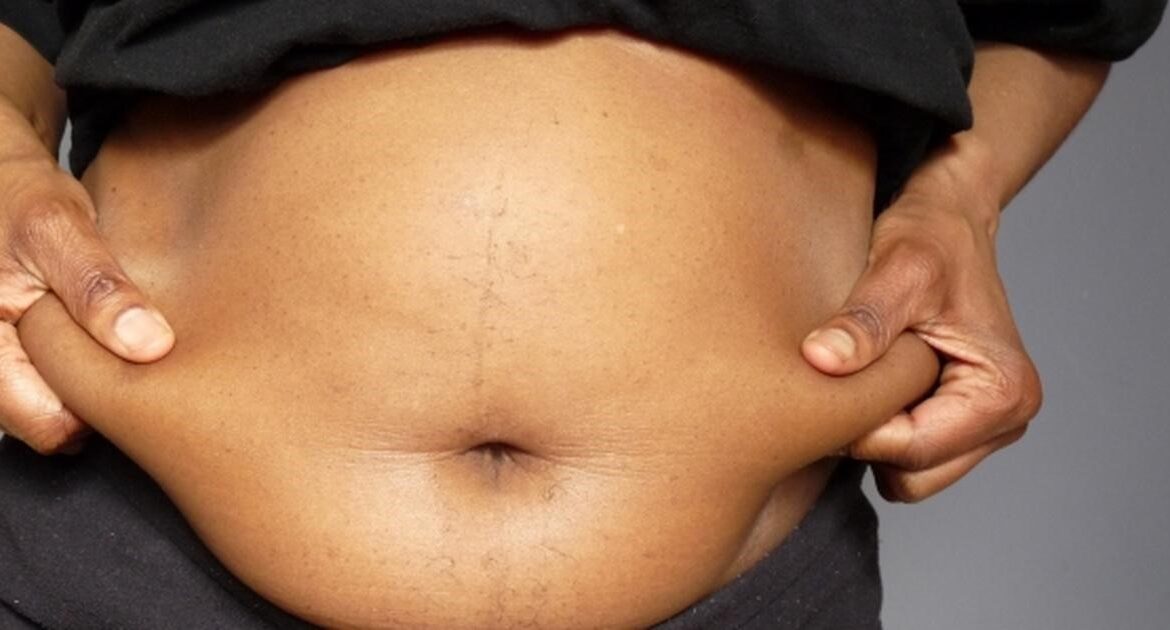
Have you been trying to burn off that fat—hitting the gym regularly, sweating through cardio sessions, and sticking to what you think is a healthy diet—yet the scale stubbornly refuses to budge? It’s frustrating, isn’t it? The truth is, fat loss isn’t just about exercising more or eating less; it’s about making sure every aspect of your lifestyle supports your goals. If you’ve been struggling to lose fat, some sneaky habits might be holding you back.
Here are nine common mistakes that could sabotage your progress and what you can do to start shedding those pounds.
1. You’re Not Getting Enough Sleep

Sleep might not seem like a big deal when it comes to fat loss, but it’s one of the most critical factors. If you’re not getting enough sleep, your body struggles to regulate hormones that control hunger and metabolism. Lack of sleep increases ghrelin levels, the hunger hormone, while reducing leptin, which tells you when you’re full. This imbalance leads to overeating and cravings for unhealthy foods.
Aim for 7-9 hours of uninterrupted sleep per night to improve your sleep quality. Keep your bedroom cool, dark, and quiet to create a sleep-friendly environment. Establish a bedtime routine to help signal to your body that it’s time to wind down.
2. You’re Not Eating Enough Fiber
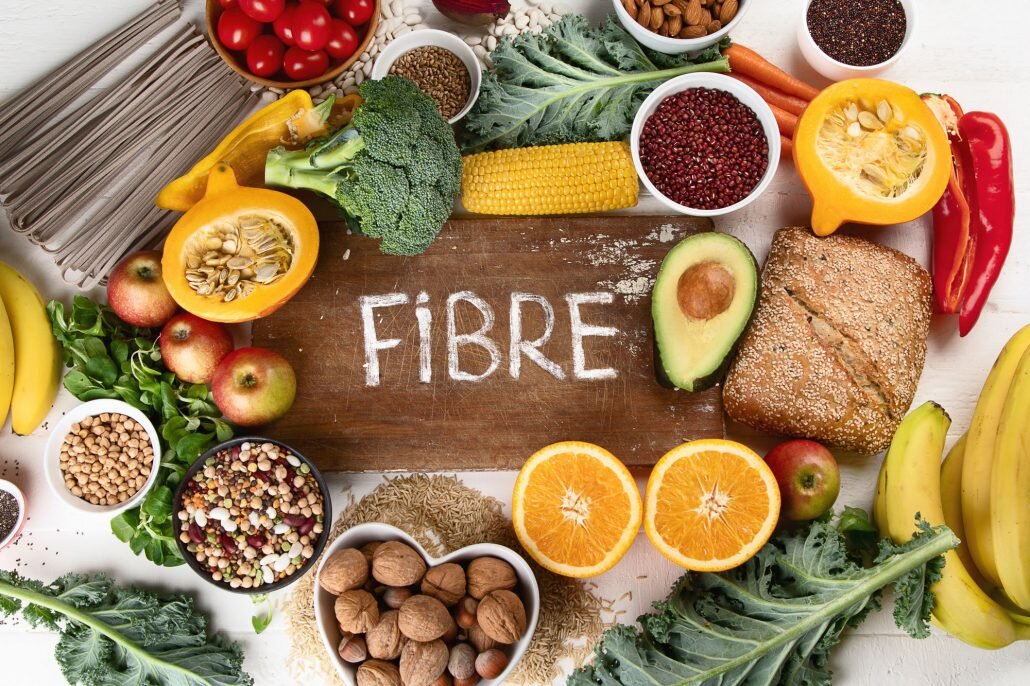
Fiber is essential for fat loss because it helps you feel full longer, supports healthy digestion, and regulates blood sugar levels. If your diet is low in fiber, you’re more likely to overeat and experience blood sugar spikes, which can lead to fat storage. Many people underestimate the importance of fiber in their diets, focusing instead on cutting calories.
To increase your fiber intake, incorporate more whole grains, fruits, vegetables, and legumes into your meals. Foods like oats, apples, beans, and leafy greens are excellent sources of fiber that can help keep you satisfied and support fat loss.
Read: 5 Signs You May Have a Vitamin B12 Deficiency (and How to Address It)
3. You’re Not Hydrated

Staying hydrated is crucial for fat loss, yet it’s often overlooked. When you’re dehydrated, your body’s metabolism slows down, making it harder to burn calories efficiently. Additionally, thirst is frequently mistaken for hunger, leading to unnecessary snacking.
Aim to drink at least 2 liters of water daily, and more if you’re physically active. Carry a water bottle with you and set daily reminders to drink. Incorporating water-rich foods like cucumbers and watermelon into your diet can also help you stay hydrated.
4. You’re Adding Too Much Oil to Your Meals
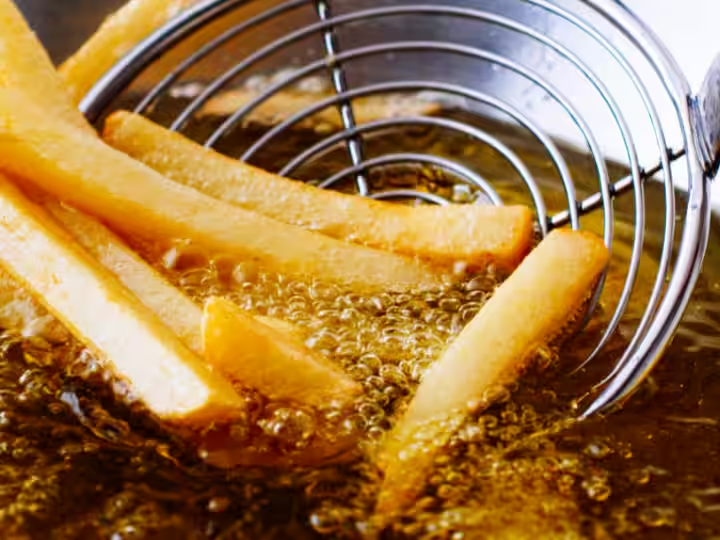
Healthy fats, like olive oil and avocado, are essential for your body but are also calorie-dense. Adding too much oil to your meals can quickly increase your calorie intake without realizing it. Even a small excess of calories can hinder progress in fat loss.
To manage your oil intake, measure out portions rather than eyeballing them. Use cooking sprays or non-stick pans to reduce the amount of oil needed when preparing meals. Also, consider other cooking methods like grilling, steaming, or baking, which require less oil.
5. You’re Not Eating Enough Protein
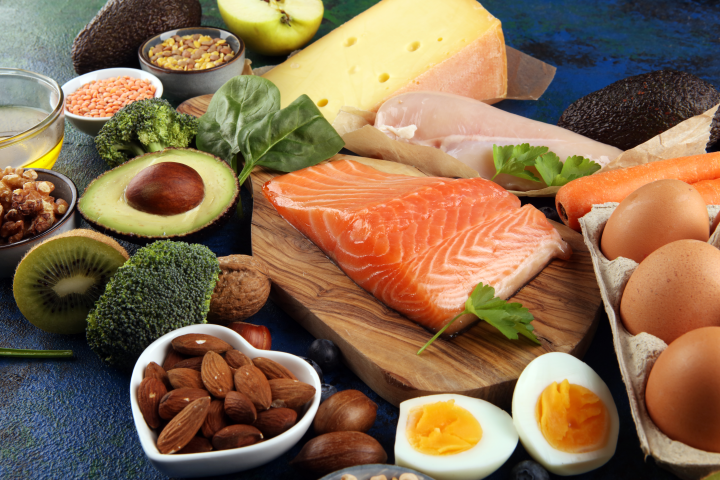
Protein is a powerhouse when it comes to fat loss. It helps build and repair muscle, keeps you feeling full, and boosts your metabolism. If your diet is low in protein, you might struggle to maintain muscle mass while losing fat, slowing your metabolism and making fat loss harder.
To ensure you’re getting enough protein, include a source of lean protein in every meal. Options like chicken, fish, eggs, and beans are all excellent choices. Aim for about 0.8 to 1 gram of protein per pound of body weight daily, depending on your activity level.
6. You’re Doing Too Much Cardio and Not Enough Resistance Training

While cardio is great for burning calories, too much of it without enough resistance training can lead to muscle loss, slowing your metabolism. Resistance training, on the other hand, helps build and maintain muscle mass, which is crucial for fat loss. The more muscle you have, the more calories you burn, even at rest.
To balance your workouts, incorporate strength training exercises at least 3-4 times per week. Focus on compound movements like squats, deadlifts, and push-ups that work for multiple muscle groups. Pair this with moderate cardio sessions to maximize fat loss without sacrificing muscle.
Read: How To Achieve A Flawless Skin With Home Remedies
7. You’re Eating a Lot of High-Calorie Healthy Foods
Just because a food is healthy doesn’t mean it’s low in calories. Foods like nuts, seeds, avocados, and whole grains are packed with nutrients but are also calorie-dense. If you’re eating large portions of these foods, you might be consuming more calories than you realize, which can stall fat loss.
To manage your calorie intake, pay attention to portion sizes. Measure out servings of high-calorie healthy foods and balance them with lower-calorie options like vegetables and lean proteins. This way, you can enjoy the nutritional benefits without overdoing the calories.
8. You’re Roughly Estimating Your Calories
Accuracy matters when it comes to fat loss. If you’re roughly estimating your calorie intake instead of tracking it carefully, you might consume more calories than you think. Even small miscalculations can add up over time and prevent fat loss.
Consider using a food diary or a calorie-tracking app to log everything you eat and drink. This will give you a clearer picture of your daily intake and help you make more informed choices. Be sure to track even the little things, like condiments and snacks, which can add up quickly.
9. You’re Eating Too Much Processed Carbs and Sugar
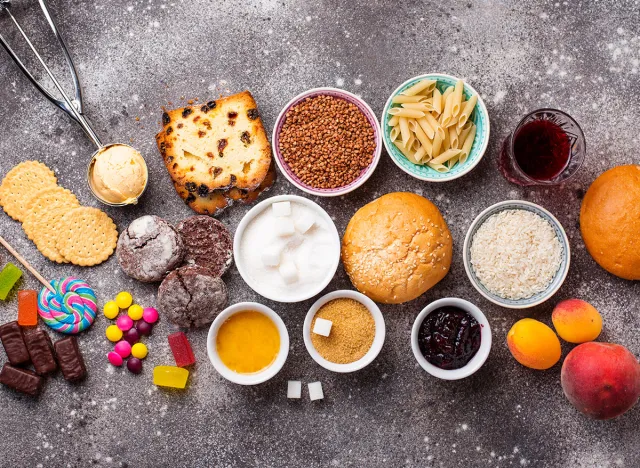
Processed carbs and sugars are often the culprits behind stalled fat loss. These foods can spike blood sugar levels, increasing insulin resistance and fat storage. Additionally, processed foods are often low in nutrients and high in empty calories, making it harder to lose fat while maintaining good health.
To combat this, focus on whole, unprocessed foods. Replace refined carbs like white bread and sugary snacks with whole grains, fruits, and vegetables. Reducing your intake of added sugars and processed foods will help stabilize your blood sugar and support fat loss.
Losing fat isn’t just about exercising more or eating less—it’s about ensuring every aspect of your lifestyle supports your goals. By addressing these common mistakes, such as improving your sleep, hydration, and protein intake and balancing your workouts, you’ll set yourself up for success. Remember, consistency is key. With the right adjustments, you can overcome these hurdles and finally start seeing the fat loss results you’ve been working towards.
If you’re ready to take control of your fat loss journey, start by making small changes today. Adjust your diet, tweak your workout routine, and track your progress. Share your fat loss tips and experiences in the comments—let’s support each other in reaching our goals!
